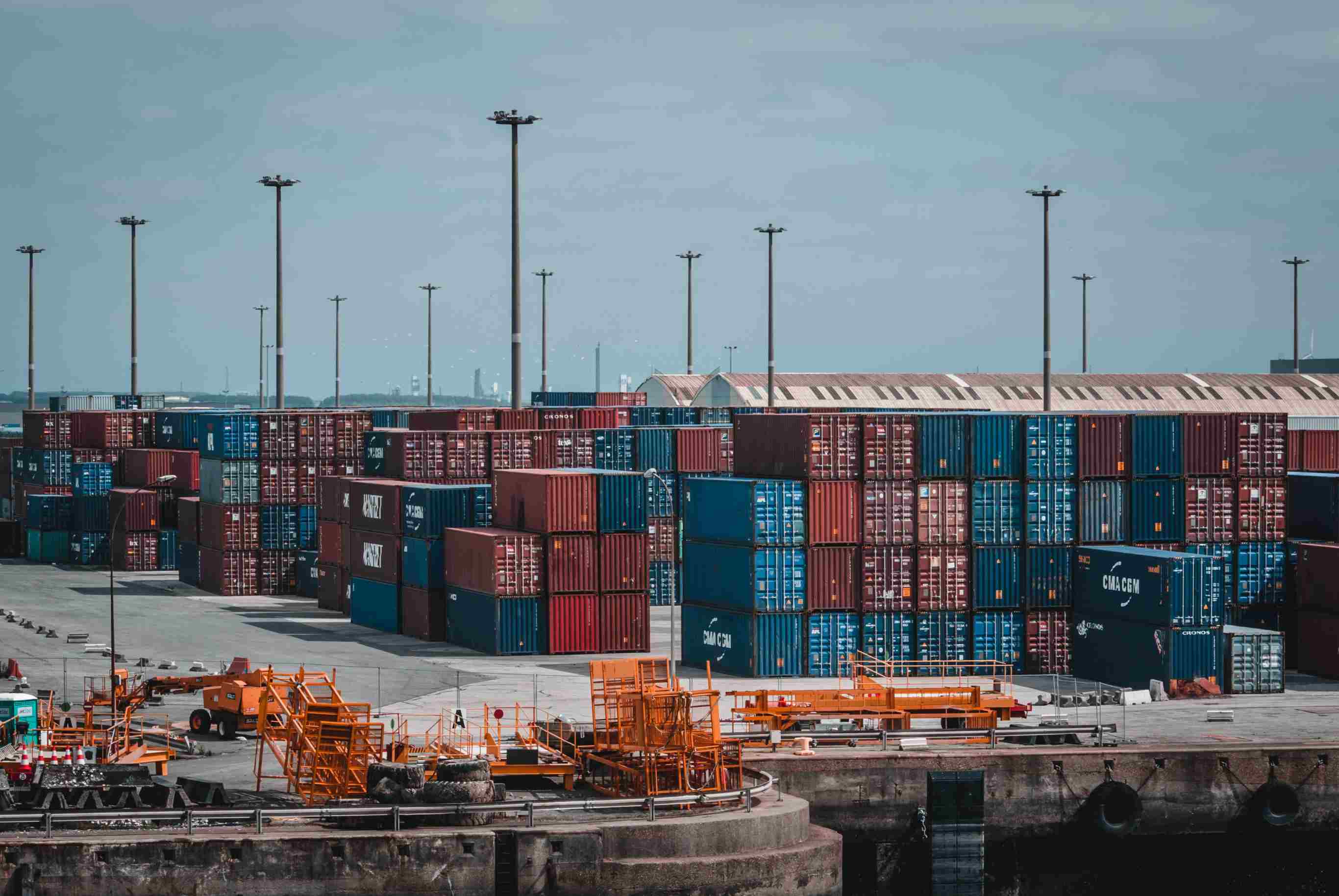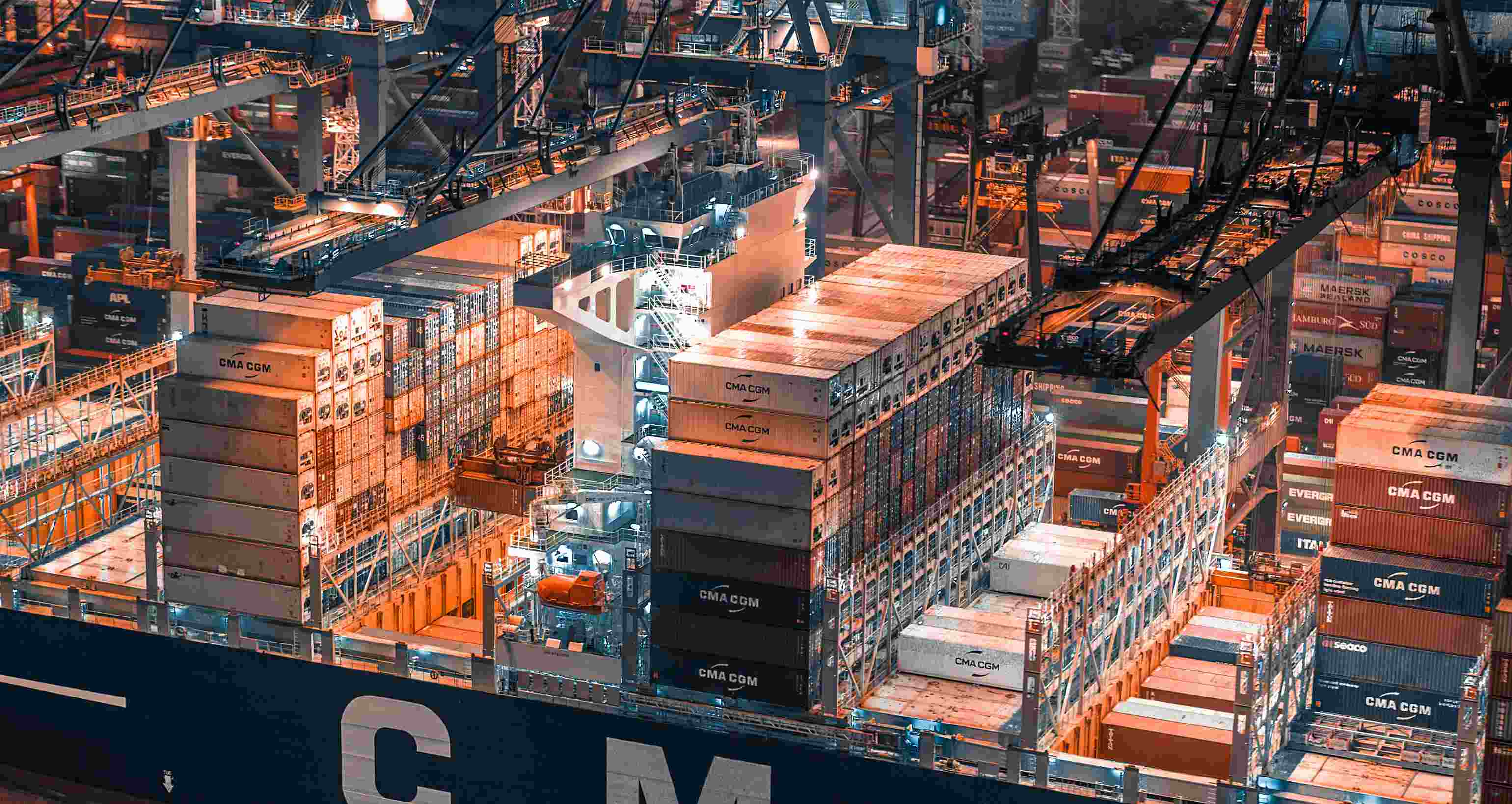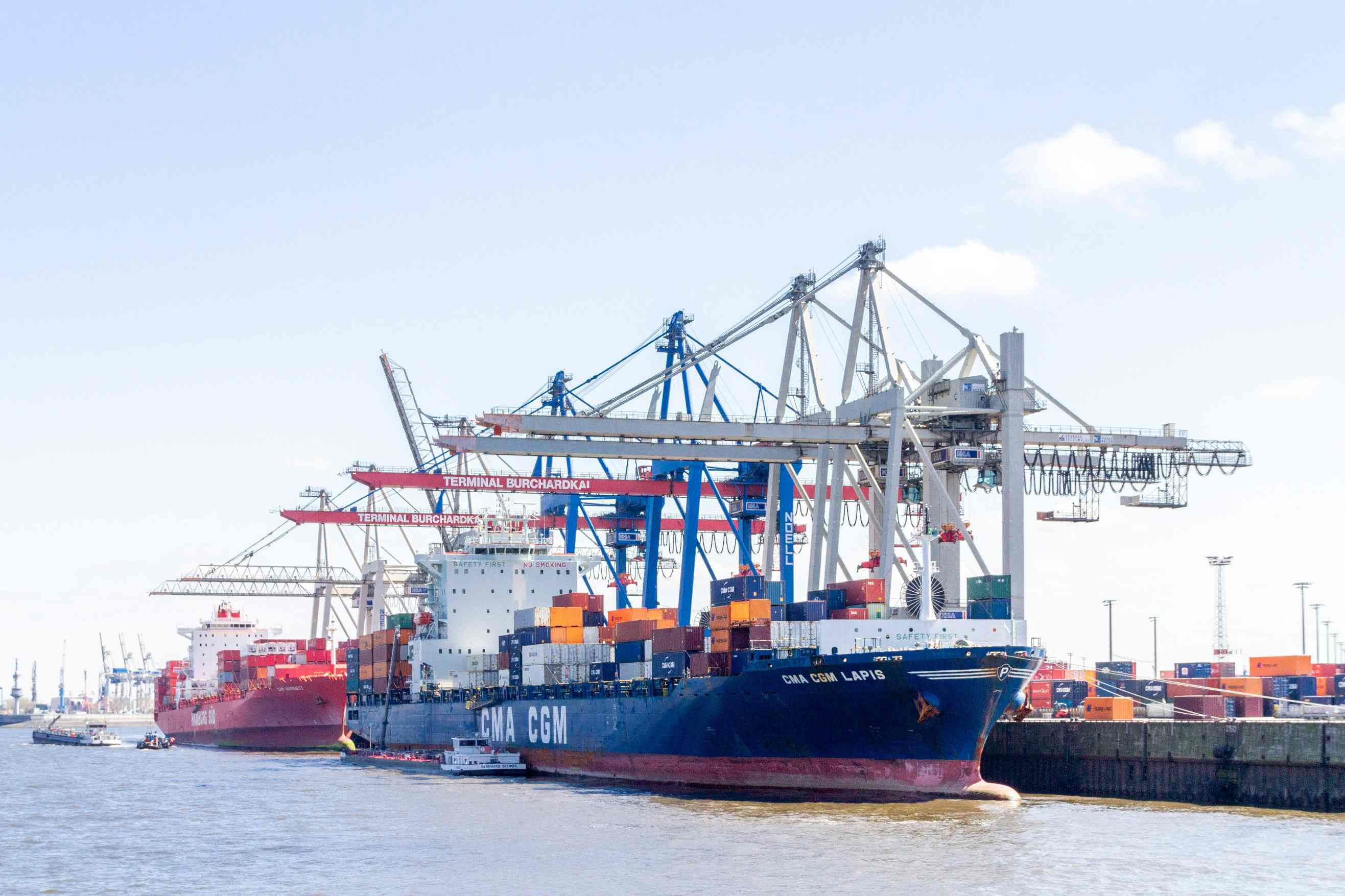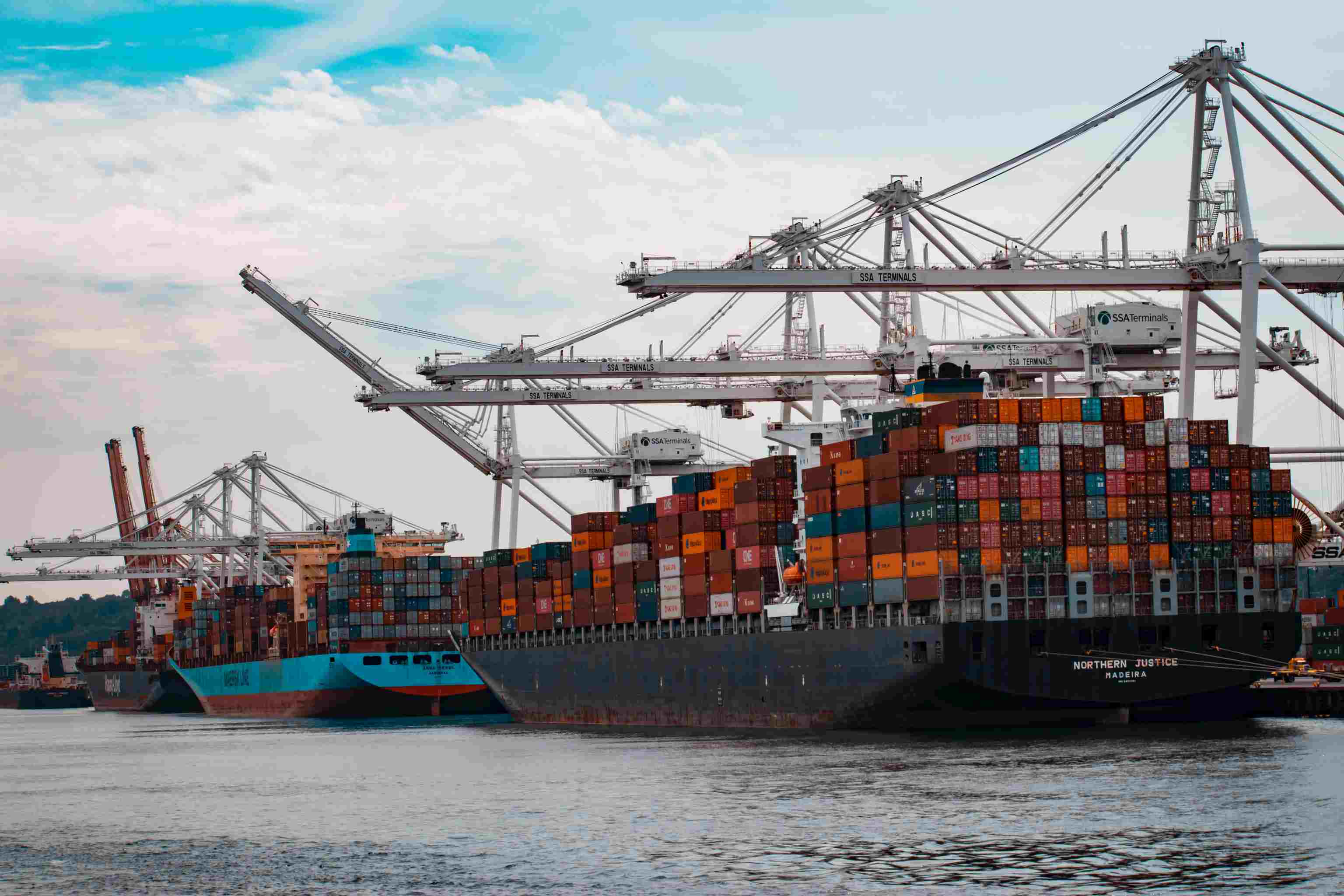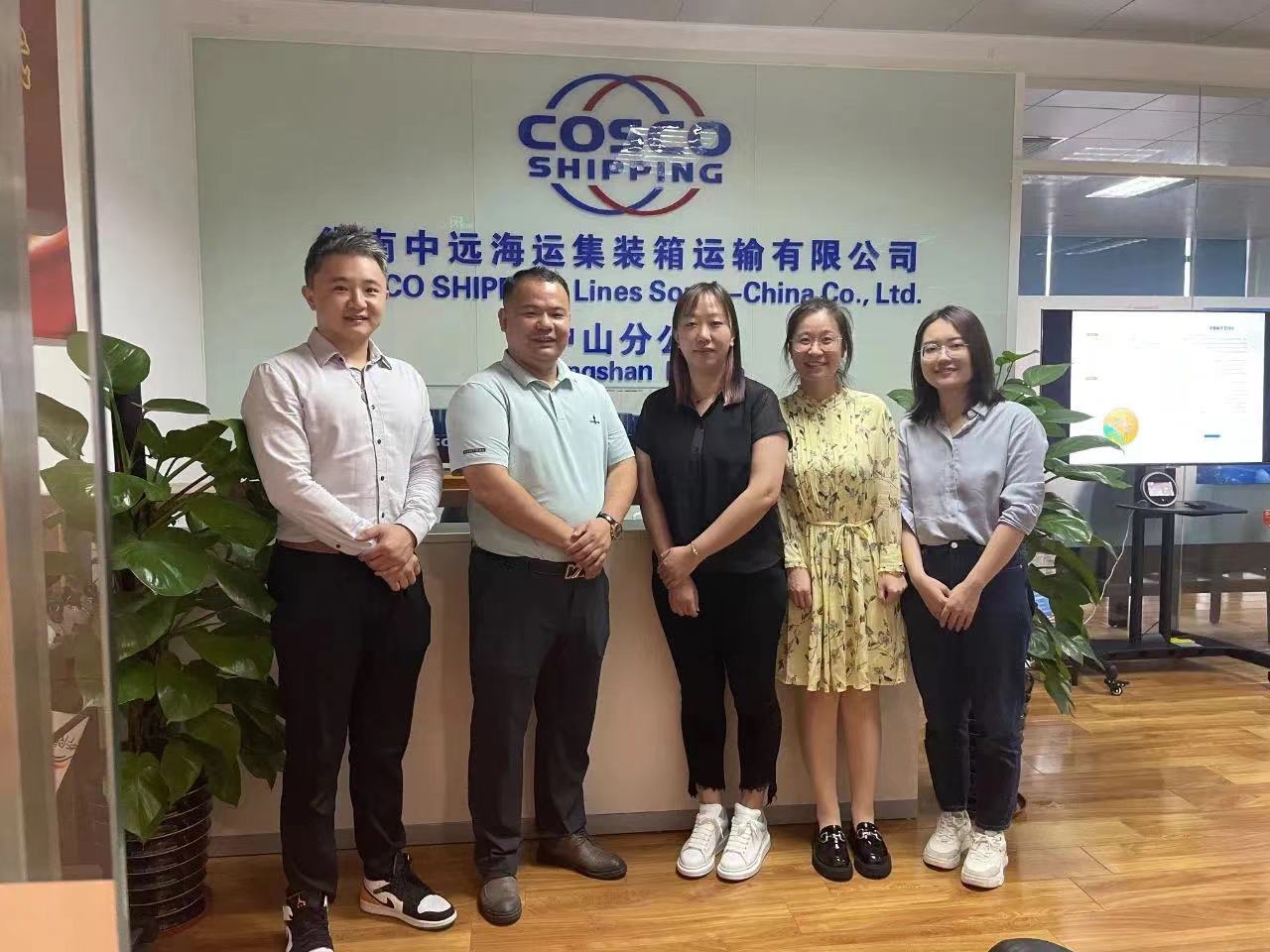International Freight Companies: Embracing Trends and Expanding Global Business
In today's globalized business environment, international freight companies play a crucial role in connecting businesses worldwide and ensuring that goods are transported efficiently and safely to their destinations. With the market constantly evolving and technology advancing rapidly, these companies face both unprecedented opportunities and significant challenges. This article will explore the key topics currently shaping the international freight industry and provide insights into how companies can navigate this dynamic landscape.
I. Industry Trends and Market Dynamics
A. Market Growth and Opportunities
The international freight industry continues to grow, driven by increasing global trade and the need for reliable logistics solutions. As businesses expand their operations across borders, the demand for efficient and cost-effective freight services is on the rise. Companies that can adapt to these changes and offer innovative solutions will be well-positioned to capture new opportunities in emerging markets.
B. Digital Transformation
Digital technology is reshaping the international freight industry. Many companies are investing in digital platforms to enhance their services and improve customer experiences. These platforms offer real-time tracking, online booking, and end-to-end visibility, allowing customers to manage their logistics more efficiently. Additionally, the integration of artificial intelligence, big data, and the Internet of Things (IoT) is helping companies optimize their operations, predict demand, and manage inventory more effectively.
C. Green Transformation
Environmental sustainability is becoming a key focus for international freight companies. With increasing global awareness of climate change, companies are under pressure to reduce their carbon footprint. This includes adopting more environmentally friendly transportation methods, optimizing routes to minimize fuel consumption, and investing in sustainable technologies. By embracing green practices, freight companies can not only meet regulatory requirements but also enhance their brand reputation and appeal to environmentally conscious customers.
II. Logistics and Supply Chain Management
A. Multimodal Transport
To meet diverse customer needs and optimize costs, many international freight companies are adopting multimodal transport solutions. By combining different modes of transportation—such as sea, air, rail, and road—companies can provide more flexible and efficient logistics services. This approach allows them to select the most suitable transportation method based on the nature of the goods and the urgency of delivery, ensuring that each shipment reaches its destination in the most cost-effective and timely manner.
B. Supply Chain Resilience
Recent global events, such as the COVID-19 pandemic and geopolitical tensions, have highlighted the importance of building resilient supply chains. International freight companies are now focusing on strategies to mitigate risks and ensure continuity of operations. This includes diversifying suppliers, establishing backup transportation routes, and leveraging digital tools to monitor and manage supply chain activities in real time. By enhancing their supply chain resilience, companies can better withstand disruptions and maintain reliable service levels for their customers.
III. Competitive Landscape and Corporate Dynamics
A. Major Players and Market Consolidation
The international freight industry is highly competitive, with a few major players dominating the market. These companies have extensive global networks, advanced technologies, and strong brand reputations. However, the industry is also experiencing consolidation through mergers and acquisitions, as companies seek to expand their market share and enhance their service offerings. Smaller and mid-sized freight companies need to differentiate themselves through specialized services, local expertise, and innovative solutions to remain competitive.
B. Emerging Companies and Innovation
Innovation is a driving force in the international freight industry, with new companies entering the market and disrupting traditional business models. These emerging players are leveraging cutting-edge technologies, such as blockchain and automation, to offer more transparent, efficient, and cost-effective logistics solutions. By embracing innovation and collaborating with startups, established freight companies can stay ahead of the curve and deliver greater value to their customers.
IV. Policies and Regulations
A. Trade Policies
International freight companies operate in a complex regulatory environment, influenced by trade policies and tariff changes. Governments around the world are implementing various measures to protect domestic industries and promote economic growth, which can impact international trade and logistics. Companies need to stay informed about these policies and adapt their strategies to navigate potential trade barriers and capitalize on new opportunities.
B. Environmental Regulations
Environmental regulations are another critical area that freight companies must address. Governments are increasingly implementing stricter emissions standards and sustainability requirements to combat climate change. Companies need to comply with these regulations by adopting cleaner technologies and more sustainable practices. Failure to do so can result in fines and damage to their reputation. By proactively embracing environmental regulations, freight companies can enhance their sustainability efforts and contribute to a greener future.
V. Customer Service and Experience
A. Enhancing Customer Satisfaction
In a competitive market, customer satisfaction is key to business success. International freight companies are focusing on improving their customer service by providing more transparent and reliable logistics solutions. This includes offering real-time tracking, personalized communication, and responsive customer support. By delivering exceptional service, companies can build strong relationships with their customers and foster long-term loyalty.
B. Customized Services
To meet the unique needs of different customers, international freight companies are offering more customized logistics solutions. This includes tailored transportation plans, specialized packaging, and value-added services such as warehousing and inventory management. By providing personalized services, companies can differentiate themselves from competitors and meet the specific requirements of their customers.
VI. Technology Applications
A. Artificial Intelligence and Big Data
The use of artificial intelligence (AI) and big data is becoming increasingly prevalent in the international freight industry. These technologies enable companies to analyze vast amounts of data to gain insights into customer behavior, market trends, and operational performance. By leveraging AI and big data, freight companies can optimize their transportation routes, predict demand more accurately, and make data-driven decisions to improve efficiency and reduce costs.
B. Internet of Things (IoT)
The Internet of Things (IoT) is revolutionizing the way international freight companies operate. By connecting devices and sensors to their transportation assets, companies can monitor the condition and location of their shipments in real time. This enhances visibility and control over the supply chain, allowing companies to proactively address potential issues and ensure the safe and timely delivery of goods. IoT also enables more efficient fleet management and asset utilization, contributing to overall operational excellence.
VII. Conclusion
The international freight industry is at a critical juncture, with significant opportunities for growth and innovation. By staying attuned to industry trends, optimizing logistics and supply chain management, enhancing customer service, and embracing advanced technologies, freight companies can position themselves for success in the global market. As the world becomes more interconnected, the role of international freight companies will only grow in importance. By adapting to these changes and continuously improving their operations, companies can build a sustainable and prosperous future in the dynamic world of international logistics.
